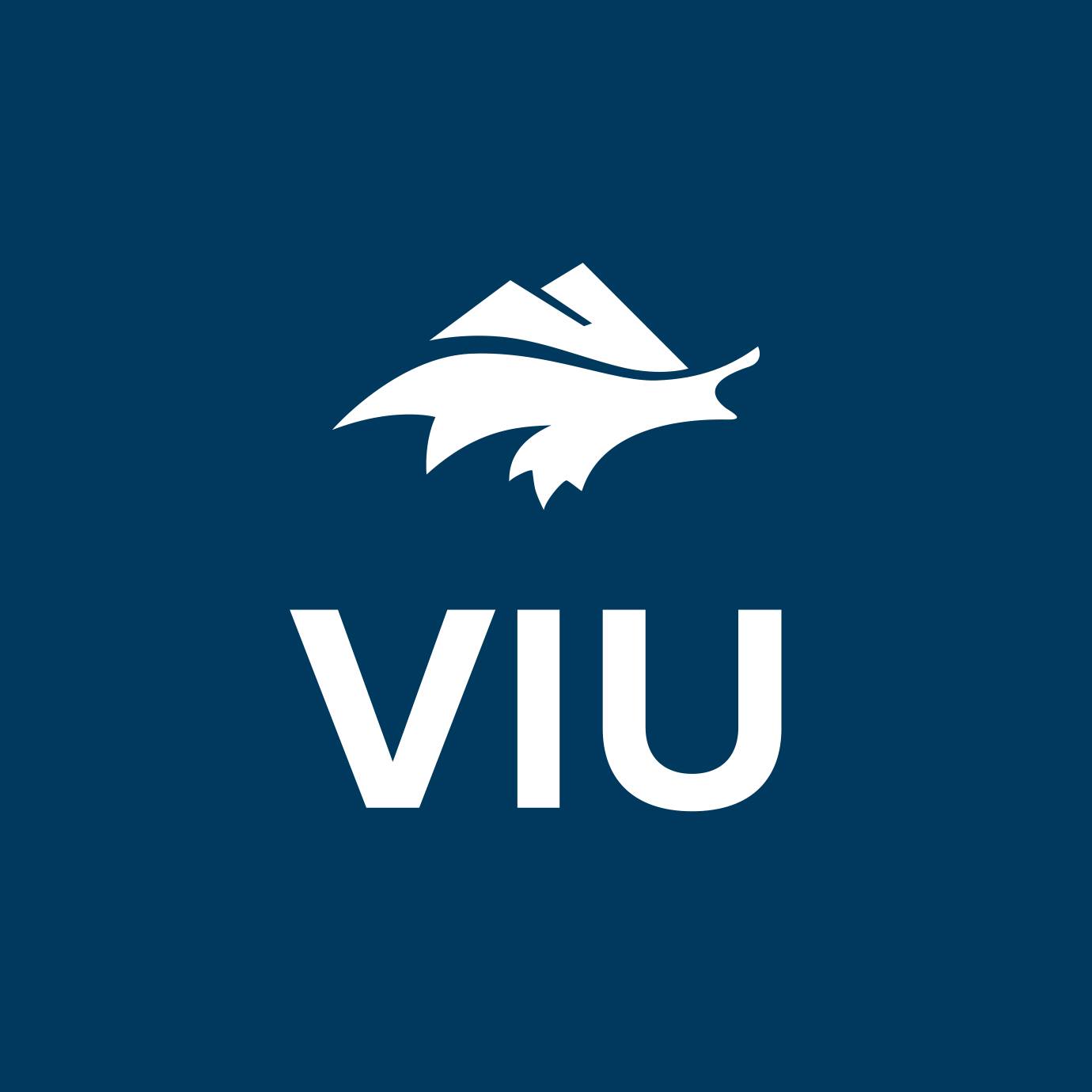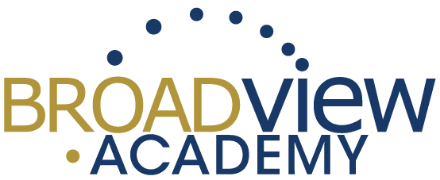The Environmental Technician Certificate Program (ETCP) is a five-week, 200-hour accredited training program that prepares graduates to work as certified environmental monitors in natural resource sectors.

The Environmental Technician Certificate Program (ETCP) is a five-week, 200-hour accredited training program that prepares graduates to work as certified environmental monitors in natural resource sectors.
The ETCP program consists of highly applied training sessions, with field training taking place most days. The program is suitable for current and aspiring environmental technicians wishing to update and expand their skills and abilities.
Participants that commonly enroll include existing field technicians, resource workers, First Nations, individuals new to the industry and graduates of other post-secondary environmental programs.
The ETCP is accredited through the College of Applied Biology and meets educational criteria for an Applied Biology Technician designation.
Objectives
The ETCP is designed to address the nation-wide need for certified, skilled environmental field technicians.
The ETCP will train practitioners on in-demand environmental monitoring skills and abilities required to assist biologists, environmental technicians, engineers, hydrologists, and site restoration and environmental monitoring professionals.
Format
The delivery format for this course will vary. Approximately 3/4's of each course is field-based, 'hands on' training (weather dependent).
Prerequisites
The ETCP has no formal prerequisites, but an appropriate first aid course (1 day) with a CPR component is a co-requisite to the ‘Fish and Fish Habitat Monitoring Skills’ module.
Evaluation
While there is no formal exam, participants will need to meet or exceed the following program standards in order to pass the course:
You Supply
Students are responsible for supplying their own personal field equipment, as follows:
General Requirements:
Fish and Fish Habitat Assessment and/or Water Monitoring Skills Module Requirements:
All other field and classroom supplies will be provided for you, including course manuals, electrofisher units and accessories, dipnets, linesman gloves, biological sampling / fish inventory equipment and associated field equipment.
Excellence in teaching, innovative research and an inclusive community at Vancouver Island University prepare students for success in every aspect of life.
VIU is a public university on the west coast of Canada with campuses on the traditional territory of the Suneymuxw, Quw’utsun, Tla’amin, Snaw-naw-as and Qualicum First Nations.

A Practical Approach to Greening Your Organization program is designed to teach how to develop and implement an Environmental Management System (EMS) that will make the workplace greener.

This certificate program is designed for senior undergraduate university students or graduate students who are interested in the research and practices in sustainable development.

The Environment and Sustainability Certificate at Dawson College will allow students from any program to develop the knowledge, skills and agency needed for understanding and addressing the environmental and related societal challenges of the 21st century.

Our one-year Applied Energy Management Program will provide you with the skills to work in energy management, energy auditing, and design and development of efficient new energy systems for commercial and industrial facilities.

During this two-day course, you will be guided you through the elements of an energy management internal audit based on ISO 50001:2018 and ISO 19011.
© 2025 coursetakers.com All Rights Reserved. Terms and Conditions of use | Privacy Policy